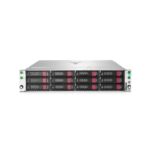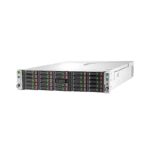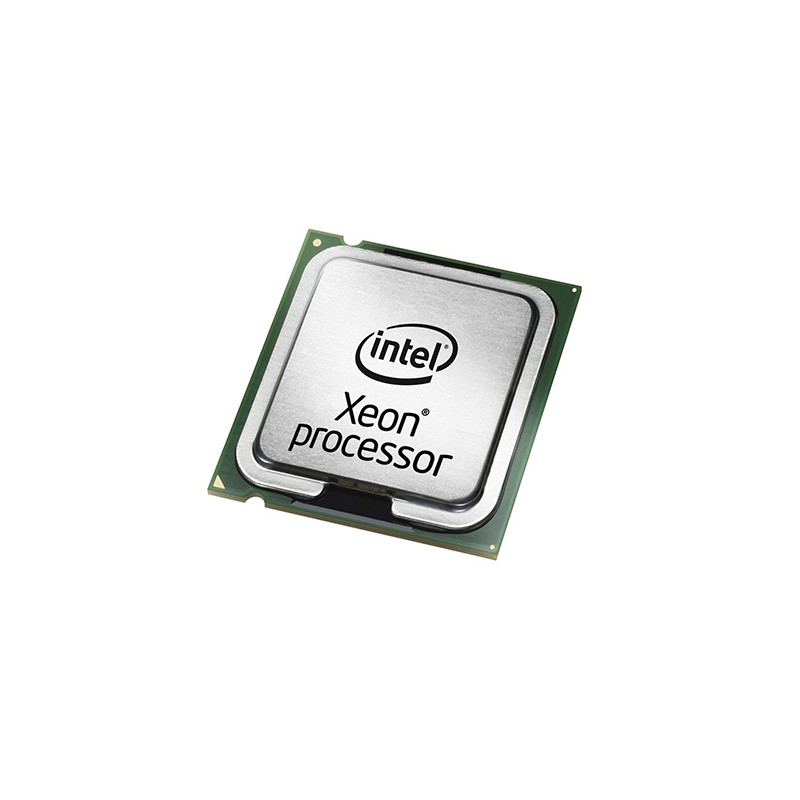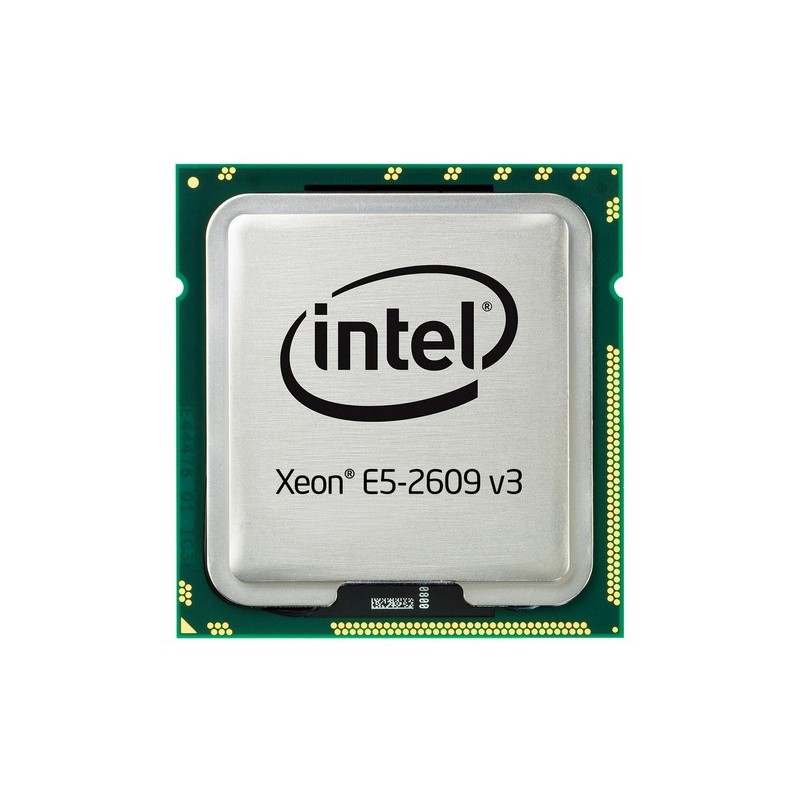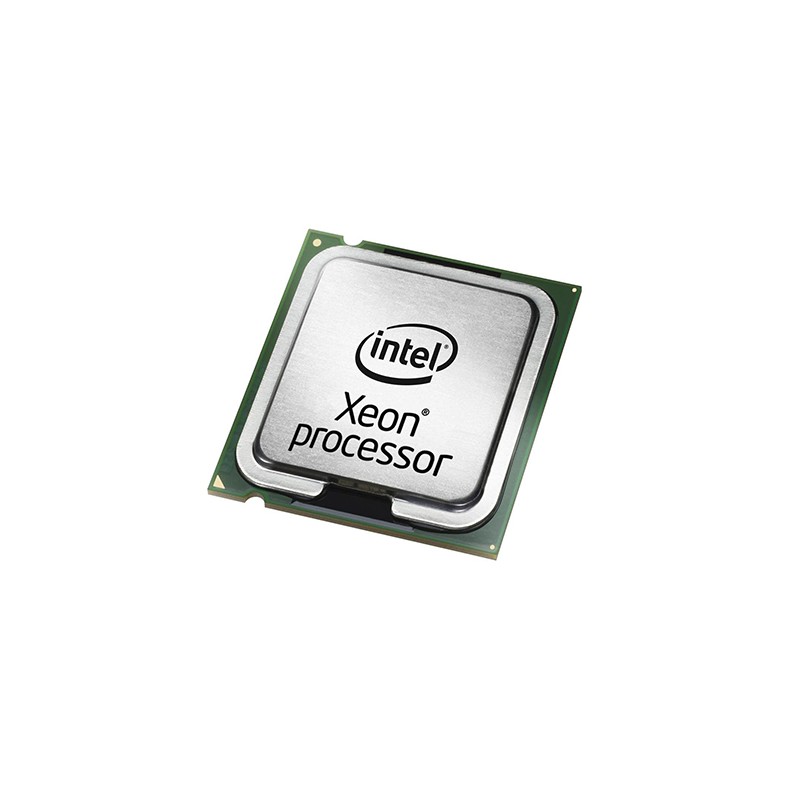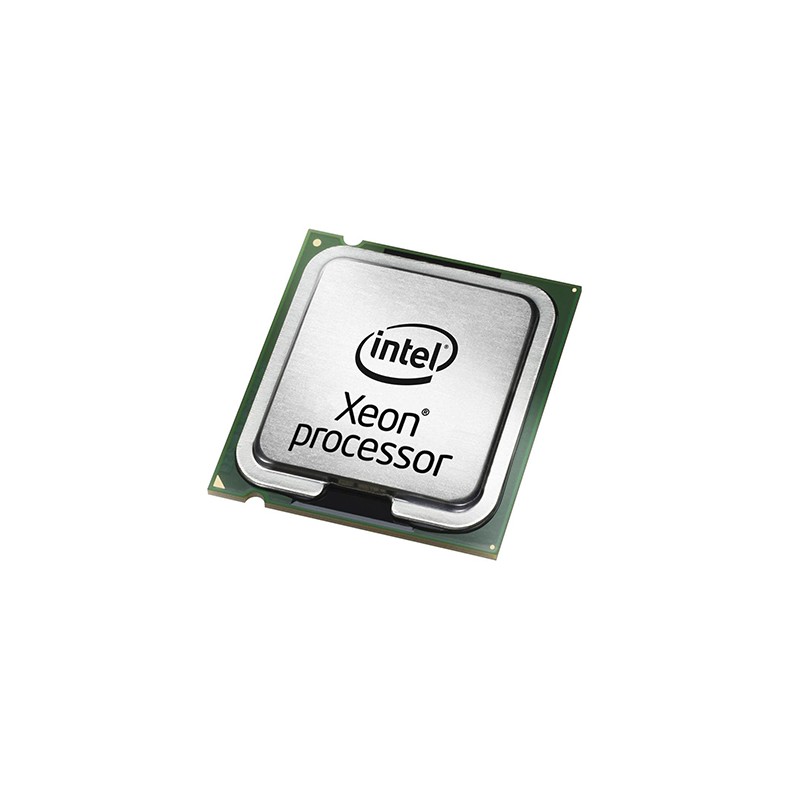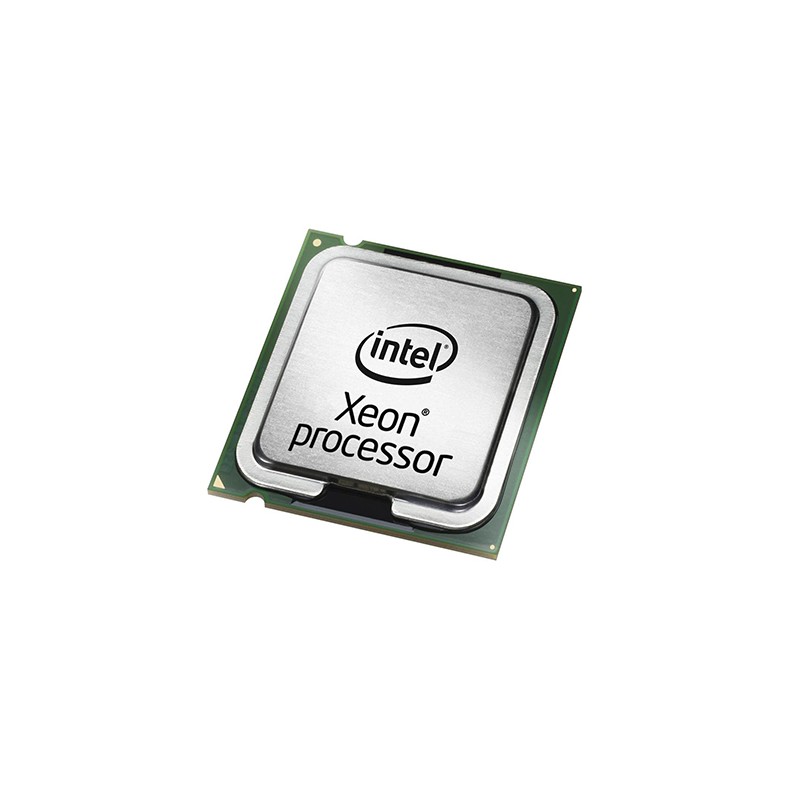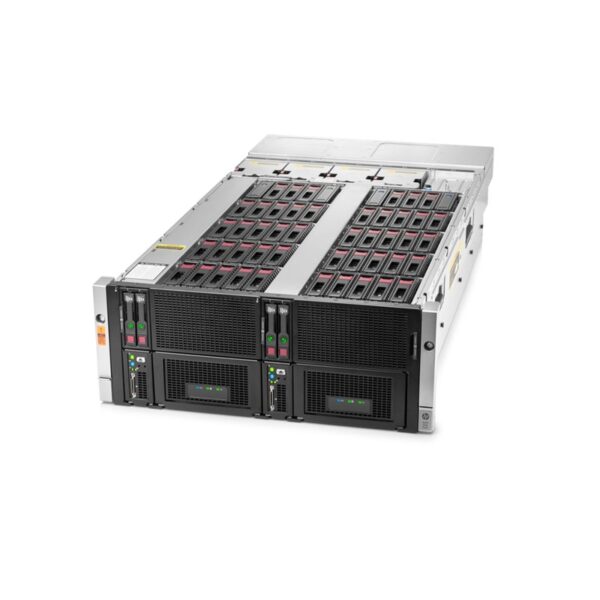
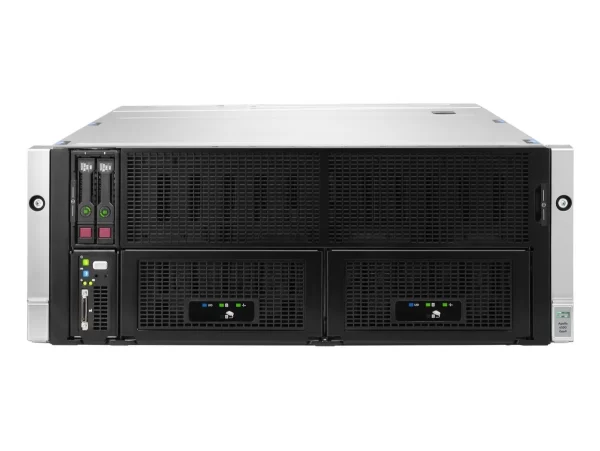
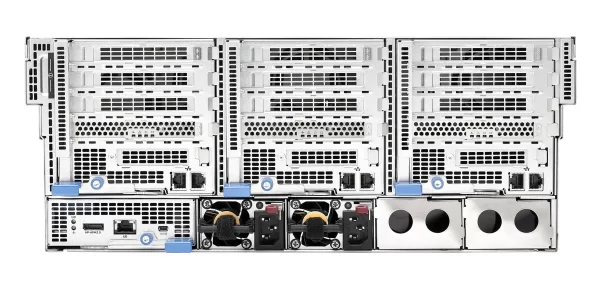
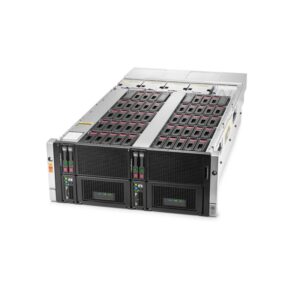
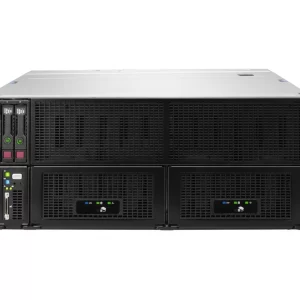
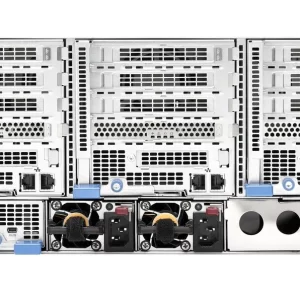
813209-B21 | HPE Apollo 4530 Servers
813209-B21 Specification :
Model : 813209-B21 – HPE Apollo 4530 Servers
Name : 813209-B21
Brand : HPE
- Description
Description
813209-B21 Specification :
Model : 813209-B21 – HPE Apollo 4530 Servers
Name : 813209-B21
Brand : HPE
Overview:
With 813209-B21 – HPE Apollo 4530 Servers, HP challenges the notion that one-size-fits-all for Big Data infrastructure by creating two purpose-built systems that specifically address storage and analytics workloads: the Apollo 4510 and Apollo 4530, respectively. For object storage, the ultra-dense Apollo 4510 includes 1 server and up to 68 Large Form Factor (LFF) in a 4U chassis for a maximum of 544TB per system. For Hadoop analytics, the Apollo 4530 uniquely offers 3 servers per chassis, ideal for housing 3 copies of data in a single system.
Introduction :
* Purpose-built systems designed specifically for handling Big Data and High-Performance Computing (HPC) storage workloads –
The HPE Apollo 4500 series offers a range of models tailored to different needs.
For efficient object storage deployments, the Apollo 4510 boasts impressive capabilities, with up to 60 top-loaded hot-plug 3.5-inch drives and an additional 8 rear-loaded drives. This configuration allows for a maximum storage capacity of 544 TB per system. Alternatively, enterprise users seeking object storage in a 2U server with 28 Large Form Factor (LFF) drives can explore the Apollo 4200 Gen9 Server.
In clustered storage environments, the Apollo 4520 excels, offering internal cabling for failover and an impressive disk density of 23 LFF drives per server. This model is ideal for workloads such as Lustre parallel file system and Microsoft Storage Spaces.
For Hadoop analytics and Big Data applications, the Apollo 4530 is a powerhouse. It features three servers and supports up to 45 hot-plug top-loaded LFF drives per chassis. Those in need of Hadoop in a 2U server with 28 LFF drives or 50 Small Form Factor (SFF) drives can explore the Apollo 4200 Gen9 Server as an alternative solution.
With the HPE Apollo 4500 series, organizations can confidently tackle their Big Data and HPC storage workloads, leveraging purpose-built systems that are optimized for performance and efficiency.
* Tailored to meet the demands of scale-out workloads
The HPE Apollo 4500 System portfolio delivers exceptional performance and density. With the HPE Apollo 4530, you can maximize space efficiency by accommodating up to 30 servers within a 42U rack—a remarkable 50% increase in density compared to 2U servers.
To power compute-intensive applications, each server can harness the power of up to 2 Intel® Xeon® E5-2600v4 series processors. These processors offer a range of 6-20 cores and can reach a maximum power of 135 W, ensuring superior compute performance.
For rapid in-memory analytics, take advantage of the impressive capacity of up to 1024 GB DDR4 memory per server. This allows for efficient processing of large datasets and enables fast data insights.
With up to four PCIe 3.0 slots and HPE FlexibleLOM, you have the flexibility to upgrade your I/O capabilities as your application throughput requirements evolve. This adaptability ensures that your system can keep up with the demands of your growing workloads.
* Experience a vast array of disk options with the HPE Apollo 4510
This exceptional storage solution offers a wide range of choices, providing scalability and flexibility to meet your object storage needs.
Maximize your server storage capacity with up to 544 TB per 4U chassis, delivering an impressive 5.4 PB per 42U rack. Choose from 2, 4, 6, or 8 TB LFF drives, granting you the freedom to tailor your storage configuration according to your requirements.
Achieve the perfect balance between cost and performance through the implementation of HPE Smart Array technology. Seamlessly utilize SAS, SATA, or SSD disk drives, allowing you to optimize your storage solution based on your specific needs.
Additionally, each compute node is equipped with two 2.5-inch Small Form Factor (SFF) hard drives and two M.2 drives, enabling the utilization of separate boot/OS drives on a dedicated controller. This feature enhances reliability and efficiency within your storage infrastructure.


